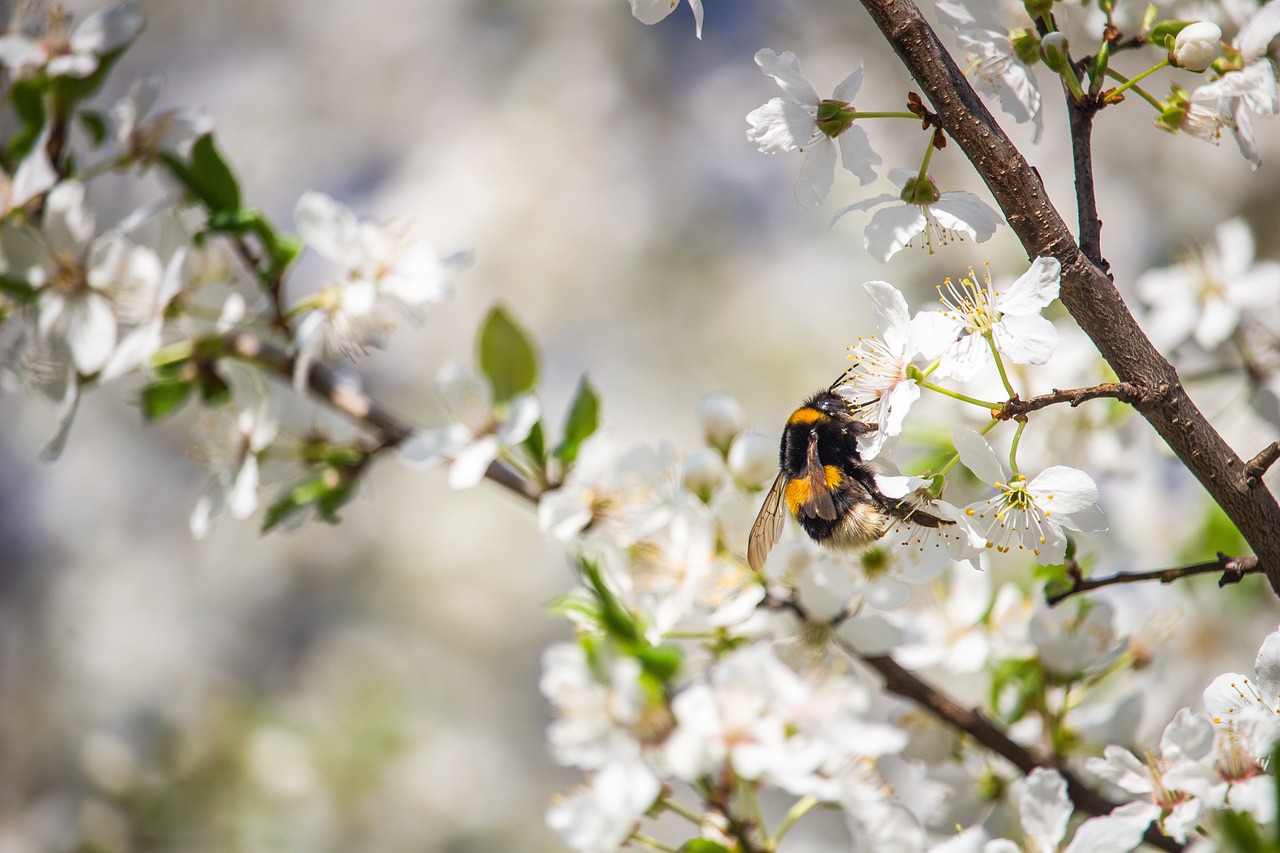As flowers bloom in spring, pollen and other allergens are more prevalent. Although flowers are beautiful, they may cause inconvenience to pollen allergy sufferers in travelling and living, such as causing discomfort to some sensitive people. Allergy symptoms can last up to 1-2 months.
What is a pollen allergy?
Pollen is the male reproductive cells of all kinds of plants. Pollen allergy refers to a series of pathophysiological processes caused by pollen sensitisation in patients with atopic constitution after someone inhales pollen and produces an allergic reaction, i.e. pollen allergy. Pollen allergy is a common disease in allergy department, and the incidence rate is increasing year by year, which seriously affects human health. It is mainly manifested as catarrhal inflammation of the respiratory tract and conjunctiva, which may be accompanied by lesions of the skin and other organs.
What are the symptoms of pollen allergy?
A variety of symptoms can occur in pollen allergy, which may include itchy nose, sneezing, runny nose, nasal congestion, breathlessness, respiratory paroxysm cough, chest tightness, shortness of breath, wheezing, white mucus, sudden asthma attacks, itchy eyes, swollen eyelids often with watery or pus-like secretions, and red, swollen and itchy skin; and in severe cases a rash may appear or even ooze may form.
What are the characteristics of pollen allergy?
(i) Seasonality: coincides with peaks in airborne pollen concentrations.
(ii) Recurrent: occurs every year.
(iii) Tachyphylaxis: comes and goes quickly and can be acute.
(iv) Familial: there is often a family history of allergy.
(e) Effectiveness: the effect of the drug is good and immediate.
What are the commonly used anti-allergy medications?
When exposure cannot be avoided, the help of anti-allergy medication is required. Glucocorticoid nasal sprays are generally effective in patients presenting with persistent and pronounced nasal symptoms, with preference given to second-generation preparations of glucocorticoid nasal sprays when available. Other treatments can be taken as prescribed, such as leukotriene modulators and ipratropium bromide.
How to protect and cope with pollen allergy scientifically?
Firstly, avoid direct contact with pollen sources. Reducing the time spent outdoors is the most effective protective measure. If you need to go out or do outdoor sports, you should pay attention to the recent pollen concentration before you go out. When the pollen concentration is high, you should strengthen your personal protection and avoid prolonged exposure as much as possible, and choose to go out early in the morning, at night, or after the rain when the concentration of pollen is low. Wear disposable medical masks, hats, goggles and long-sleeved clothes to avoid direct contact with pollen and willow flakes.
Secondly, it is important to try to avoid pollen entering the living room. When outdoor pollen concentration is high, it is also necessary to reduce the time of opening windows, timely cleaning or spraying water to humidify indoor flotsam, using a hoover to timely clean up and using air purifiers to reduce the entry of outdoor pollen.
Thirdly, personal health protection should be strengthened. Pay attention to washing your hands and face after going out and returning home, wash your nose and eyes with diluted salt water if necessary, and change clothes that have been stained by pollen.
Fourthly, consider seeking medication support. For example, you can choose to use anti-allergy drugs two weeks before the pollen season. When you go out, it is best to take desensitising medication with you. If you experience itchy skin, generalised warmth, coughing or shortness of breath, you should leave the triggering environment quickly and take your medication promptly. Once asthma symptoms appear, take medication and go to the hospital. Residents with allergy symptoms can make an appointment with the hospital’s Allergy or Allergy Department for professional treatment.
Lastly, it is important to eat a light diet. Drink more water, consume more food such as fruits and vegetables, and eat less spicy and irritating food.

